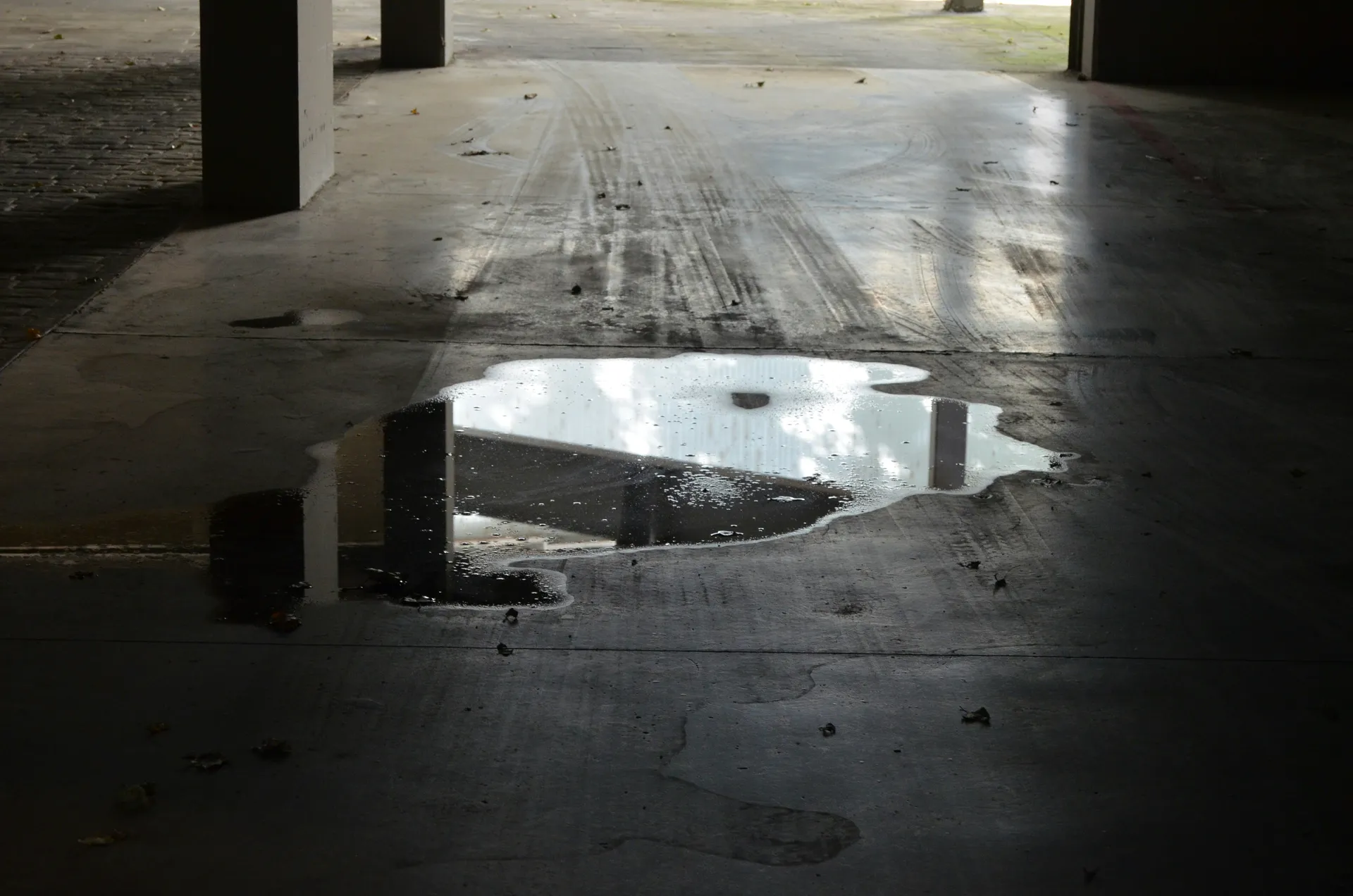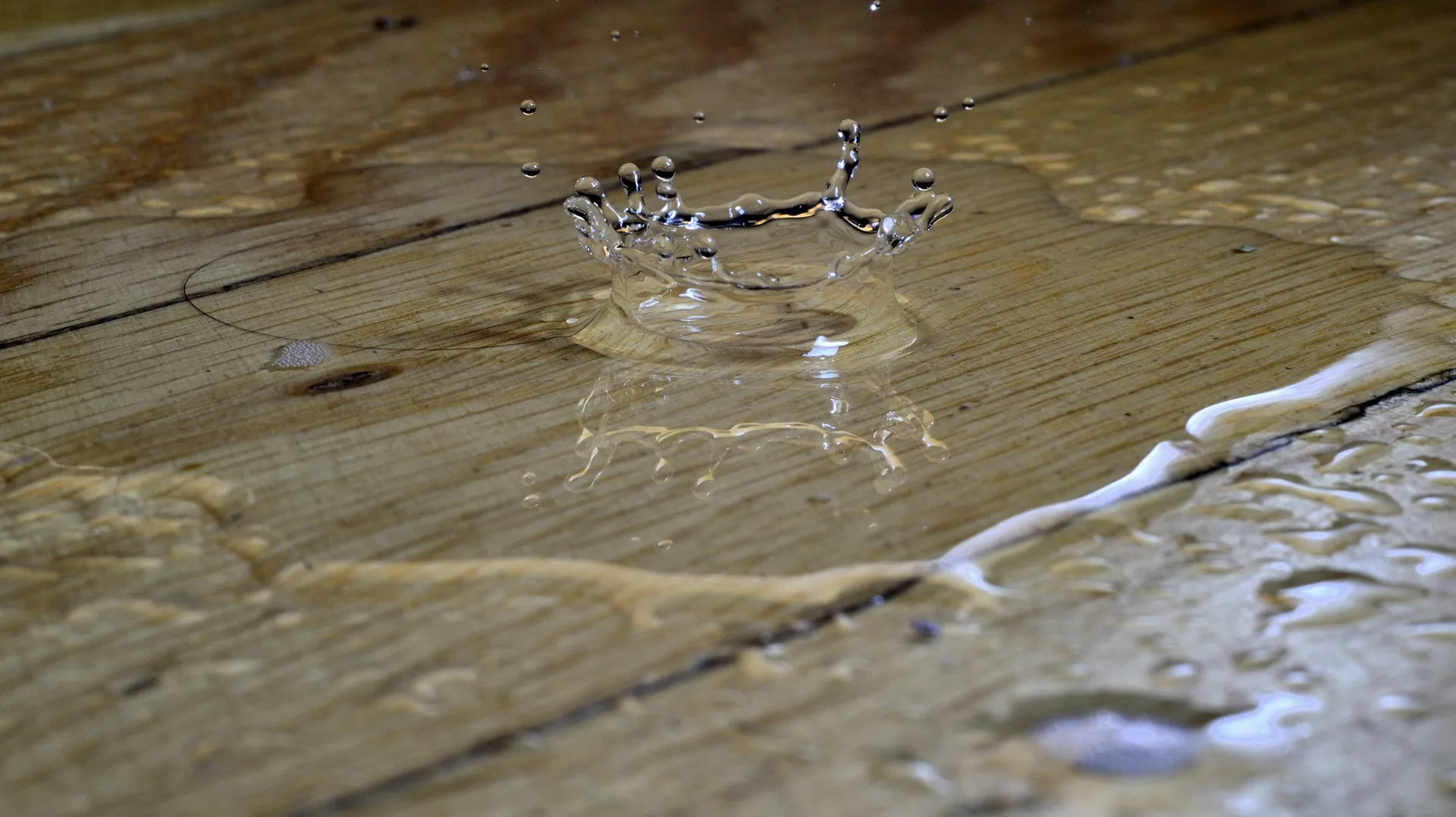
Slab Leak Detection: Methods, Equipment, and Finding a Specialist
‘Slab leak’ is one of the most dreaded phrases for any homeowner. The idea of a water pipe leaking beneath your home’s concrete foundation is understandably stressful. But here’s the good news: with modern technology, these leaks can be found with pinpoint accuracy, often with minimal disruption. As a Master Plumber with over 15 years of experience, I’ll walk you through exactly how we detect these hidden leaks, what to look for, and how to find the right professional help.
Key Takeaways
- A slab leak is a leak in a water line beneath your home’s concrete foundation, which requires immediate attention.
- Key warning signs include a sudden spike in your water bill, hot spots on the floor, or the sound of running water when all fixtures are off.
- Professional, non-invasive equipment is essential for accurately locating the leak without destructive guesswork.
- This is not a DIY job. Attempting to find or fix a slab leak yourself can lead to catastrophic structural and financial damage.
What Exactly Is a Slab Leak?
Simply put, a slab leak is any leak that occurs in the copper or PEX water lines running below the concrete foundation of your home. These can be in your incoming hot or cold water supply lines. Because they are buried in gravel and earth under several inches of concrete, they are impossible to see and require specialized equipment to locate.
Key Warning Signs You Might Have a Slab Leak
Your home will almost always give you clues that something is wrong. If you notice any of the following signs, it’s time to pay close attention and consider calling a professional.
- An Unexplained Spike in Your Water Bill: This is often the first and most obvious sign. If your habits haven’t changed but your bill has shot up, water is going somewhere.
- The Sound of Running Water: When all faucets, toilets, and water-using appliances are off, your home should be silent. If you hear the faint sound of hissing or running water, it could be a leak.
- Hot or Warm Spots on Your Floor: If the leak is in a hot water line, the escaping water will heat the concrete and flooring above it. You might feel this with your bare feet.
- Low Water Pressure: A significant leak in a main supply line can cause a noticeable drop in water pressure throughout your entire house.
- Damp or Warped Flooring: Unexplained moisture, damp carpets, or warped hardwood/laminate can be a sign that water is seeping up through the slab.
- Cracks in Foundation or Walls: Over time, the saturated soil beneath the leak can shift, causing stress on your foundation and leading to visible cracks in your walls or baseboards.
If you observe one or more of these symptoms, your immediate next step should be to contact a plumbing specialist experienced in slab leak detection.
How Professionals Find Slab Leaks: The Detection Process
As professionals, we never guess. We use a systematic, non-invasive process to confirm and pinpoint the exact location of a leak before any decision about repairs is made.
Step 1: Confirming the Leak with a Pressure Test
First, we’ll turn off all water fixtures and use a pressure gauge on your plumbing system. If the pressure drops over a period of 15-20 minutes, it confirms there is a leak somewhere in the system. We can then isolate the hot and cold water systems to determine which one is compromised. This is what we call static leak isolation.
Step 2: Pinpointing with Advanced Technology
Once the leak is confirmed, we use specialized electronic equipment to find its precise location.
-
Acoustic Listening Devices: These are highly sensitive electronic microphones. We listen directly on the slab and at various points in your plumbing. The sound of the escaping water is loudest right above the leak, allowing us to triangulate its position with remarkable accuracy.
-
Thermal Imaging Cameras: For hot water line leaks, an infrared (IR) camera is invaluable. It instantly shows us the temperature differences across your floor, revealing the heat signature of the leaking warm water as it spreads beneath the concrete.
-
Video Pipe Inspection: In some cases, particularly for drain line issues that might mimic a slab leak, we can use a small fiber-optic camera to visually inspect the interior of the pipes for cracks or damage.
How Much Does Professional Slab Leak Detection Cost?
It’s important to view this as a necessary diagnostic investment. The fee you pay for a professional leak detection service is separate from the eventual repair cost, but it’s what ensures the repair is done correctly and efficiently, preventing much larger expenses down the road.
Professional Leak Detection Service
This is a diagnostic fee for a specialist to come to your home with electronic equipment to pinpoint the leak. This cost is for the **detection only** and does not include the cost of any repairs.
Cost factors:
- Accessibility of plumbing lines
- Size of the home and foundation
- Time required for diagnosis
- Whether it's an emergency call-out
The Structural Risk: More Than Just a Plumbing Problem
It’s crucial to understand that an unaddressed slab leak is not just a plumbing issue—it’s a direct threat to your home’s structural integrity. The constant water flow erodes the soil supporting your foundation, which can have severe consequences.
As a structural contractor, I’ve seen the devastating aftermath of untreated slab leaks. The constant soil saturation can cause the foundation to shift, heave, or settle, leading to major structural cracks. The moment a slab leak is suspected, it becomes a structural issue, not just a plumbing one.
Why Slab Leak Detection is NOT a DIY Project
I cannot stress this enough. While you are the expert at noticing the warning signs in your home, the detection itself must be left to a trained and properly equipped professional.
Do Not Attempt This Yourself. Slab leak detection requires expensive, specialized equipment that takes years of experience to interpret correctly. Blindly jackhammering your foundation based on a guess will turn a plumbing repair into a massive, multi-thousand-dollar structural and flooring disaster. Your job is to spot the signs and call an expert.
How to Find the Right “Slab Leak Detection Near Me”
When you search for a local specialist, not every plumber has the necessary equipment or expertise. Here’s what to ask to ensure you’re hiring the right team:
- “Do you have electronic leak detection equipment?” They should be able to name the technologies they use, like acoustic listeners or thermal cameras.
- “What is your experience specifically with slab leaks?” You want a company that handles these routinely, not just occasionally.
- “Are you licensed and insured?” This is non-negotiable for any work done in your home, especially of this magnitude.
- “Can you provide a flat rate for the detection service?” Most reputable companies offer a set price for the leak detection service itself, separate from the cost of the eventual repair.
Conclusion: Take Calm, Decisive Action
Discovering a potential slab leak is stressful, but you are now armed with the knowledge to handle it correctly. The key is to act quickly but not to panic. By recognizing the signs early and calling a qualified specialist, you can ensure the problem is diagnosed accurately and repaired with the least possible disruption to your home and finances.

